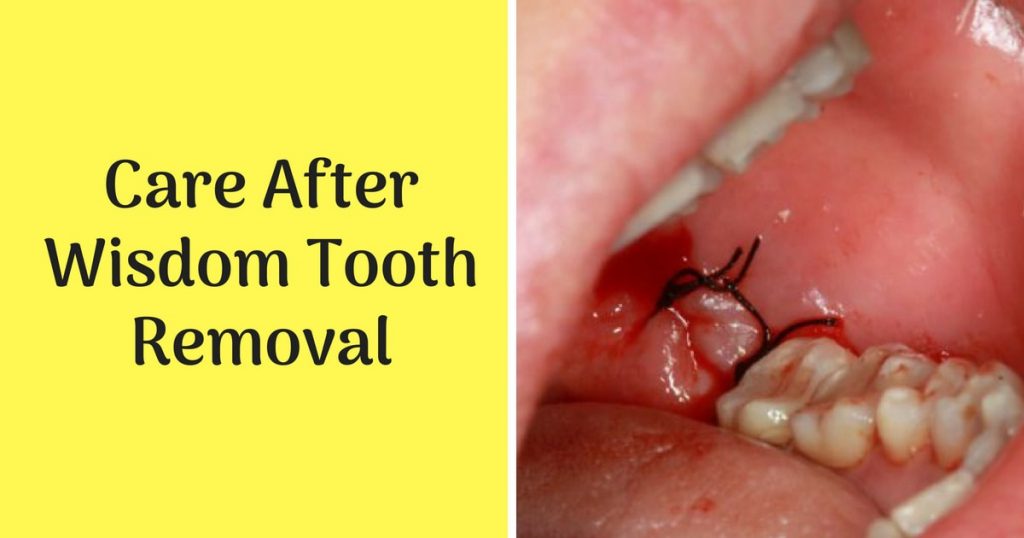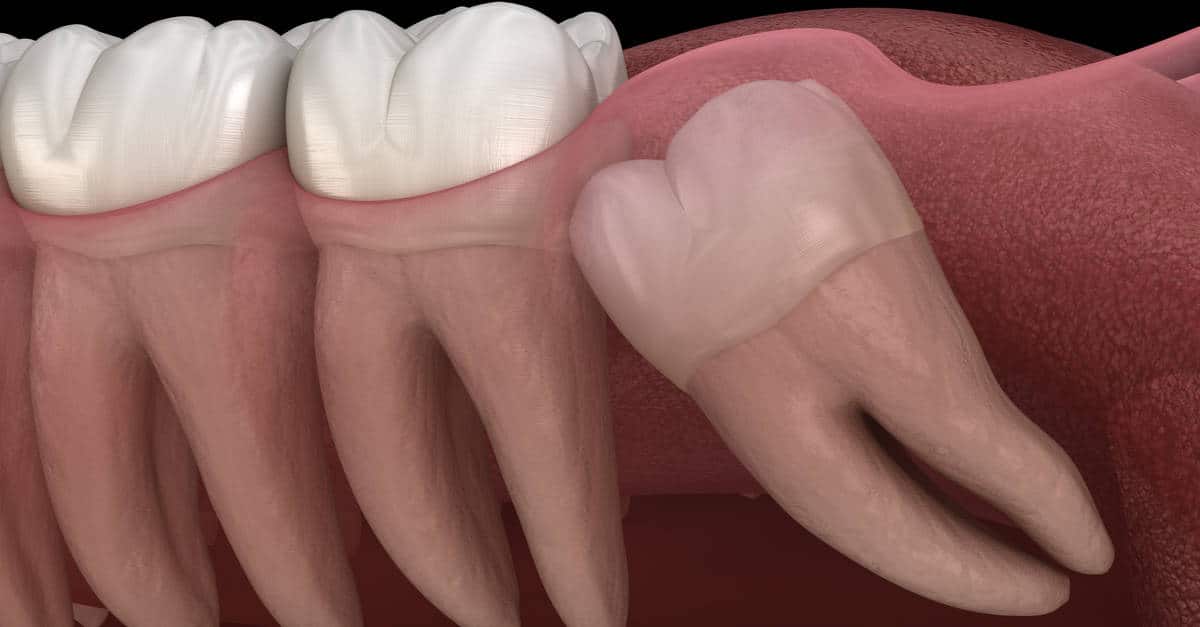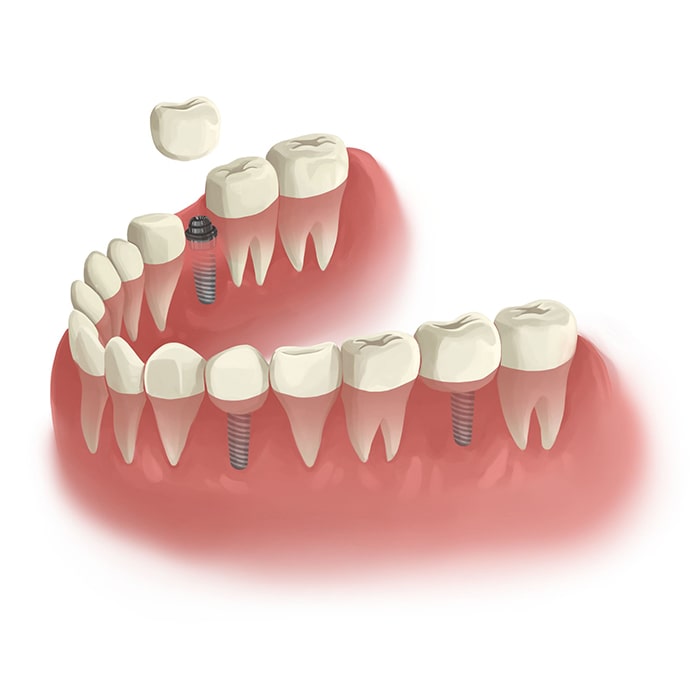Discovering Different Sedation Options for a Comfy Wisdom Pearly Whites Removal Experience
The usage of sedation throughout such procedures has become progressively typical to alleviate stress and anxiety and discomfort. With an array of sedation choices available, from regional anesthesia to basic anesthetic, each technique offers differing levels of relaxation and discomfort control.
Local Anesthetic
Neighborhood anesthetic is a frequently used technique for numbing details locations of the mouth during wisdom teeth extraction treatments. By providing an anesthetic, such as lidocaine, a dental professional can guarantee that the client continues to be comfortable and pain-free throughout the extraction procedure. Regional anesthesia works by briefly blocking the nerves in the mouth, avoiding them from sending out pain signals to the brain. This permits the dental practitioner to do the extraction without causing any type of discomfort to the individual.
One of the main benefits of regional anesthetic is its targeted numbing effect, which implies that only the specific area being treated is impacted. This local technique lessens the threat of systemic adverse effects and enables a quicker recovery post-procedure. In addition, regional anesthesia is thought about to be a secure and routine technique in dentistry, with very little dangers included when carried out by an experienced professional.
Laughing Gas
Nitrous oxide, typically understood as laughing gas, is a type of sedation typically utilized in dental care to aid individuals unwind during dental treatments. This sedation option permits the individual to continue to be mindful and responsive throughout the procedure while really feeling at simplicity and comfortable.
Once the mask is eliminated, the impacts of the gas put on off quickly, permitting patients to resume their normal activities without lingering sedative effects. Nitrous oxide is appropriate for people of all ages, making it a functional sedation option for knowledge teeth extractions and various other oral treatments.
Dental Sedation
Dental sedation, a pharmacological method utilized in dental care, entails the administration of sedative medications by mouth to generate a kicked back state during dental procedures. This form of sedation is commonly used for clients going through wisdom teeth removal to minimize stress and anxiety and pain. The medicines prescribed for oral sedation belong to a class of drugs called benzodiazepines, which have sedative, anxiolytic, and amnesic residential properties. Generally, the client takes the recommended medicine before the procedure, enabling sufficient time for the sedative impacts to take hold.
Unlike intravenous sedation, dental sedation does not require injections or needles, making it an extra comfy choice for people with a worry of needles. In addition, dental sedation is thought about risk-free and effective when administered by qualified dental specialists.
IV Sedation
Provided intravenously by experienced medical specialists, IV sedation is a powerful approach utilized to cause a controlled visit this site state of deep relaxation and unconsciousness during dental procedures. Unlike dental sedation, which can be uncertain in its results, IV sedation permits specific control over the level of sedation, making it an ideal choice for complicated treatments like wisdom teeth removals.
During IV sedation, a sedative drug is delivered straight right into the blood stream with a capillary, allowing it to work rapidly and efficiently. This method makes certain that the client remains comfy and unaware of the procedure while still maintaining essential functions such as breathing and heart price.
Among the primary advantages of IV sedation is its capability to give a deeper level of sedation compared to various other approaches, making it especially suitable for clients with high degrees of stress and anxiety or those undertaking comprehensive oral work (wisdom teeth removal aspendale). Furthermore, the impacts of IV sedation normally put on off slowly after the procedure, minimizing the possibility of grogginess or lingering side impacts. Overall, IV sedation offers a safe and reliable alternative for making certain a comfortable and worry-free experience during knowledge teeth extraction

General Anesthetic
Having discussed the advantages of IV sedation for wisdom teeth extraction, the usage of basic anesthesia provides an alternate option for patients needing a deeper degree of unconsciousness throughout oral procedures. General anesthetic generates a controlled state of unfamiliarity, guaranteeing the individual feels no discomfort or discomfort throughout the extraction process. This method is particularly beneficial for people with extreme oral anxiety, complicated medical needs, or those undertaking several removals at the same time.
General anesthetic is provided by a qualified anesthesiologist that carefully checks the individual's crucial indicators throughout the procedure. It entails the use of intravenous medicines or breathed in gases to induce a state of unfamiliarity. While under basic anesthesia, Bonuses the client will certainly not recognize the surgical procedure, experience any discomfort, or have any type of recollection of the treatment later.
Although general anesthesia is risk-free when provided by qualified specialists, it brings a somewhat greater risk contrasted to various other sedation alternatives - wisdom teeth removal aspendale. Clients taking into consideration general anesthesia for wisdom teeth extraction must review the prospective dangers and benefits with their dental expert or dental surgeon to make a notified choice based upon their individual requirements and clinical background

Conclusion
In final thought, different sedation choices are offered to make sure a comfy knowledge teeth extraction experience. Regional anesthesia is typically utilized for numbing the particular area, while nitrous oxide provides leisure and discomfort relief. Dental sedation and IV sedation offer much deeper levels of Recommended Site relaxation, depending upon the person's requirements. General anesthetic can be used for more complicated cases. It is necessary to speak with your dentist or dental cosmetic surgeon to identify one of the most appropriate sedation option for your treatment.
Nitrous oxide is suitable for people of all ages, making it a functional sedation choice for wisdom teeth extractions and other oral procedures.
